From the RYCO news
The Regional Youth Cooperation Office (RYCO) organized a final event within its EU-supported project “Enhancing Youth Cooperation and Youth Exchange in the WB6” in Bosnia and Herzegovina on 7 February 2022. The event presented the results of projects supported within the 4th RYCO Open Call for Project Proposals. These projects provided young people in the region with networking opportunities in the field of regional youth dialogue, peacebuilding and reconciliation, and were implemented by CSOs from Bosnia and Herzegovina.
RYCO Director of Programs Mr Jan Zlatan Kulenovć addressed the participants and said that the fact that we are taking responsibility for regional cooperation and dealing with the past shows that these are important topics, worthy of investment.
Youth exchanges participant Mr Alem Bajramović emphasized that networking is the most important aspect of youth exchanges. “The youth from the region share numerous interests, and they overcome prejudices by meeting peers from other countries. This fosters special emotions and helps forming long term friendships,” he said.
The projects supported by RYCO and the EU within the 4th RYCO Open Call across the Western Balkans fostered reconciliation and regional youth cooperation, as well as strengthened the capacities of the civil society to adapt to the COVID-19 environment. They were implemented from February to October 2021.
During the application phase, 129 applications were received which brought about 400 partnerships from the region. The overall financial envelope for the Call was 333,000 Euro.


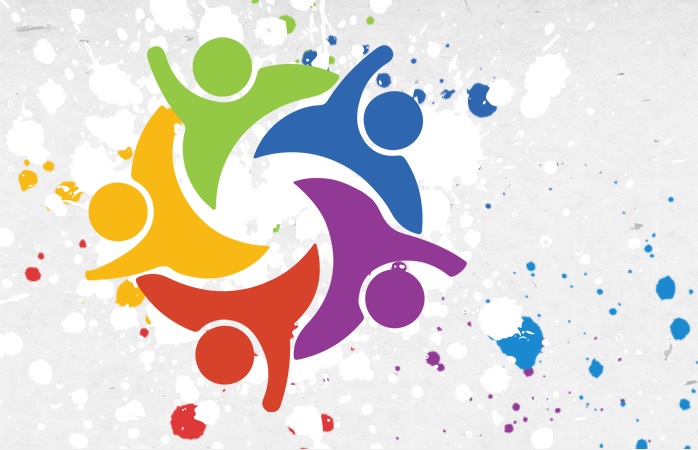

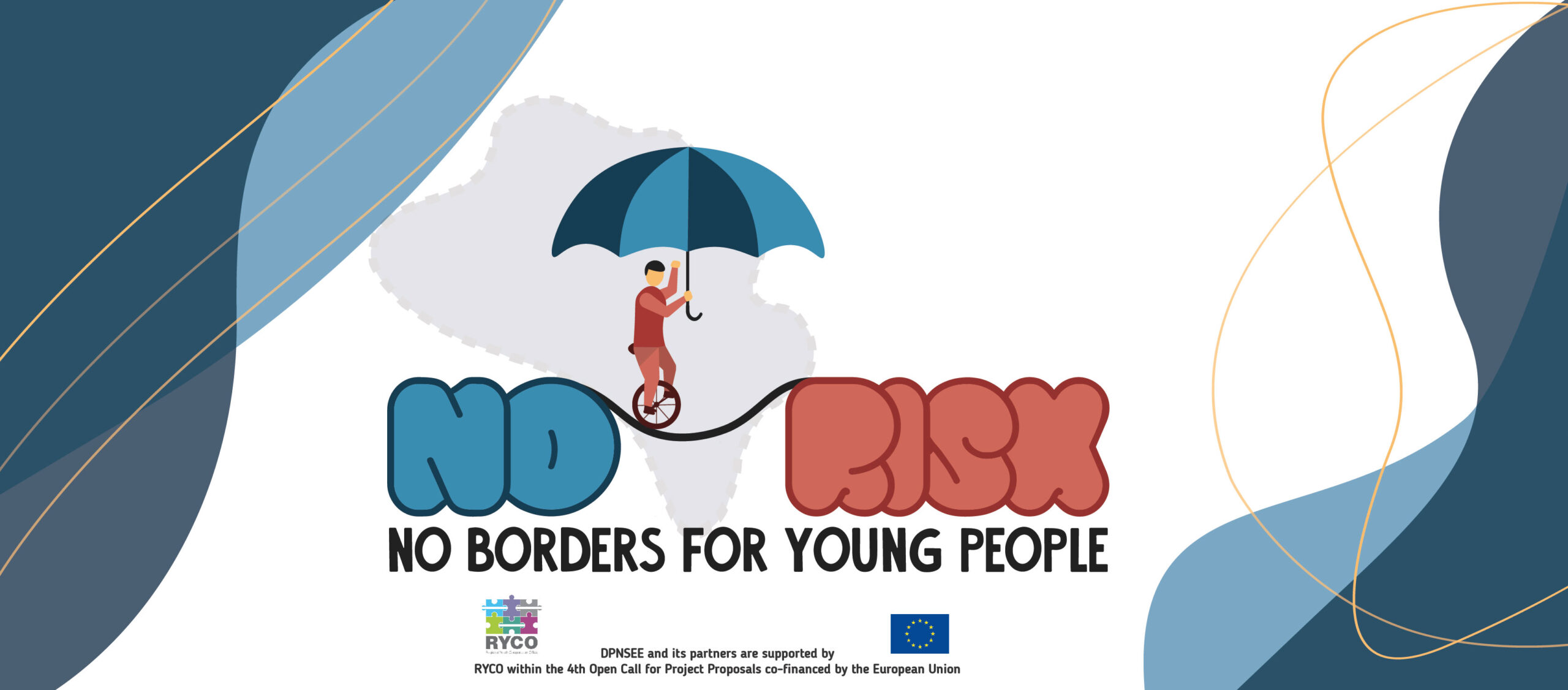
 If interested, the Open Call is available
If interested, the Open Call is available 





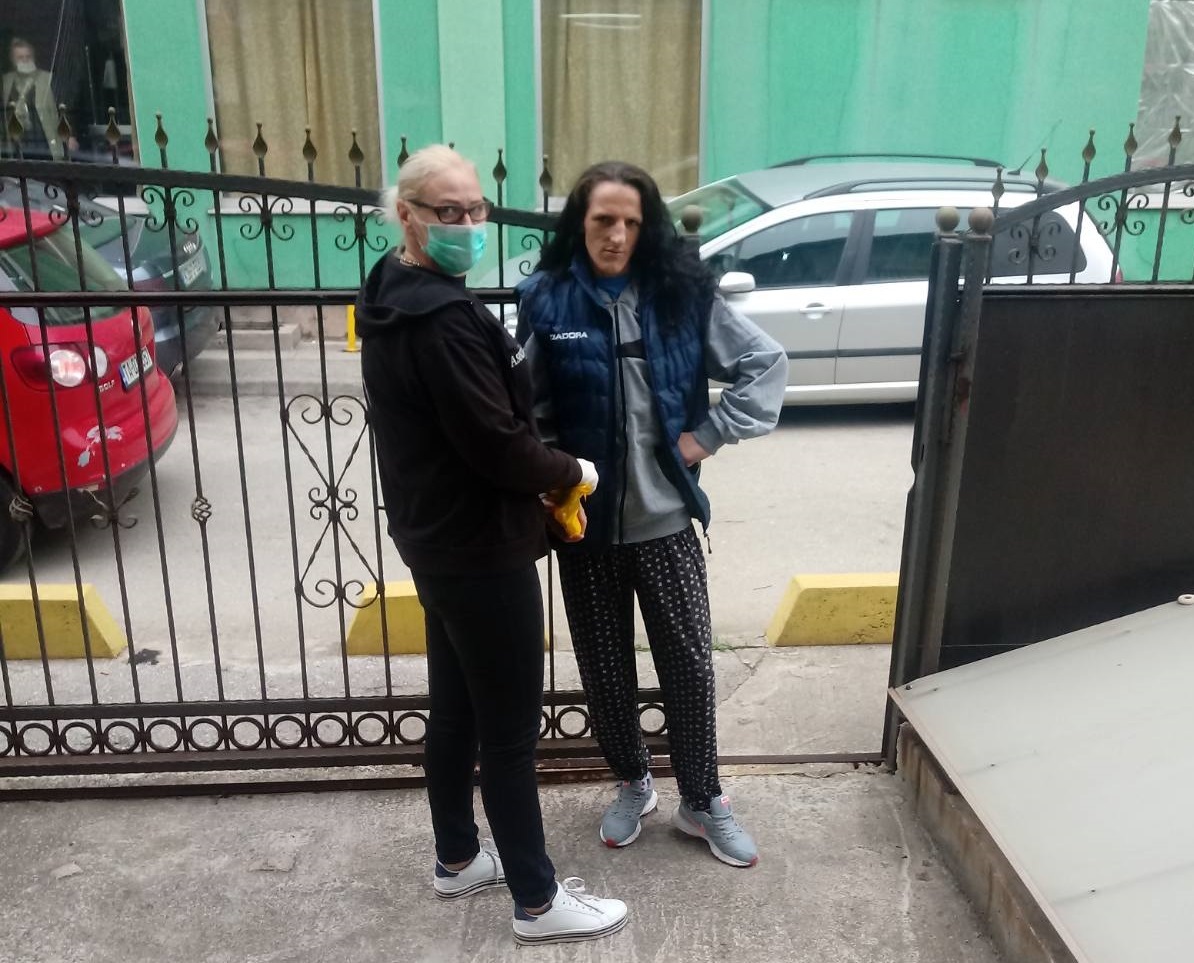
 The material is delivered on the basis of the stated needs of our clients. In the period from March 1st to April 10th we distributed in both regions 51.800 needles and syringes, 25.000 pieces of distilled water, alcohol wipes, containers for preparation of the mixture and 1.200 containers for disposal of infectious waste. It should be noted that during this period about 45.000 needles and syringes and other infectious material were collected and deposited in our drop in centres until this crisis passed.
The material is delivered on the basis of the stated needs of our clients. In the period from March 1st to April 10th we distributed in both regions 51.800 needles and syringes, 25.000 pieces of distilled water, alcohol wipes, containers for preparation of the mixture and 1.200 containers for disposal of infectious waste. It should be noted that during this period about 45.000 needles and syringes and other infectious material were collected and deposited in our drop in centres until this crisis passed.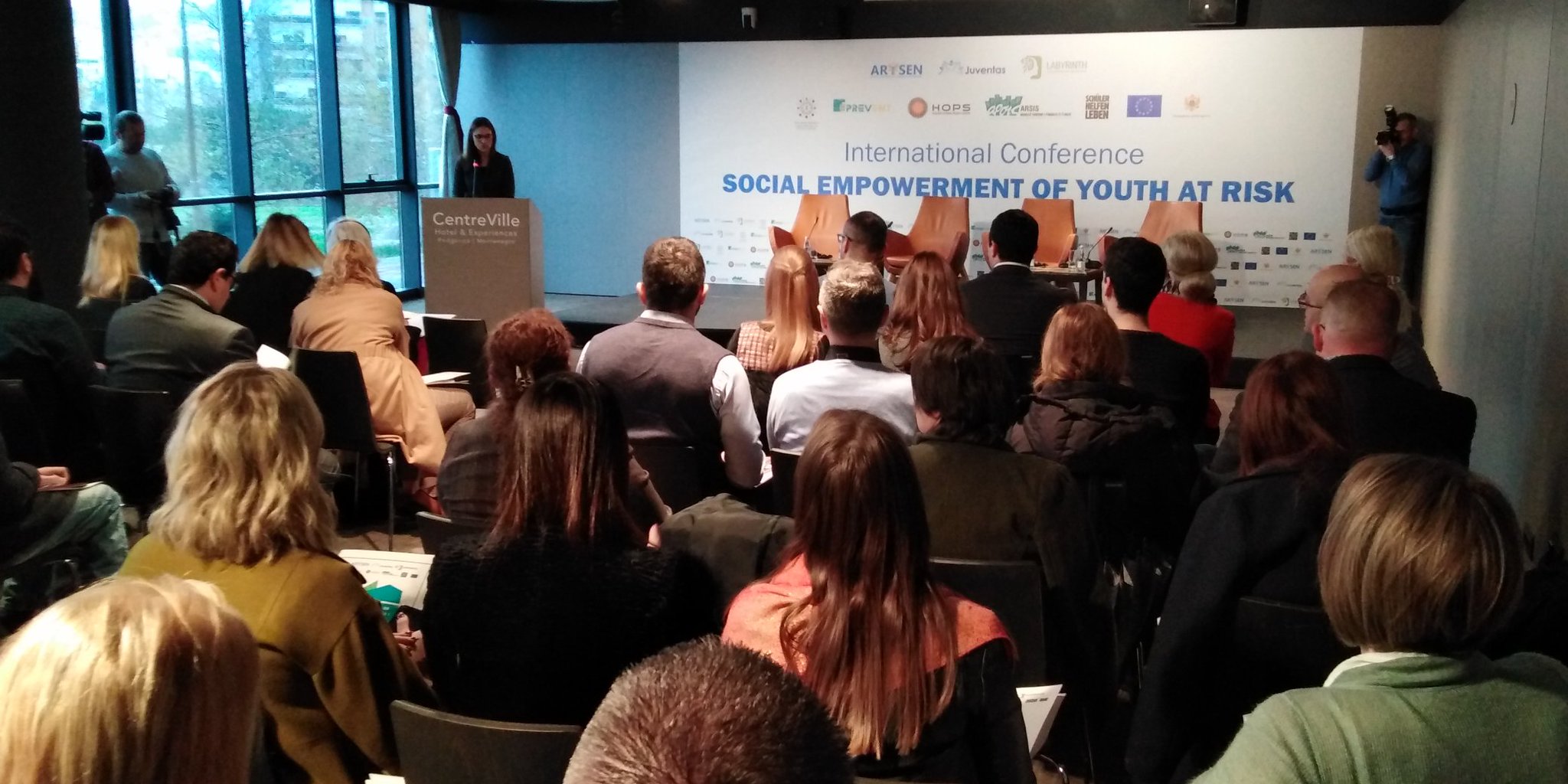

 The conference gathered policy officials, researchers, service providers, civil society activists and members of the academia from the region of Western Balkan and Europe to discuss current social position of different youth at risk categories and main obstacles for better social integration. Guests and speakers included Nikola Janović, Minister of Sports and Youth, Government of Montenegro and representatives of the ministries of Health, Education, Justice and Labour and Social Welfare, Fiona McCluney, resident coordinator, UN system Montenegro, Michaela Bauer, UNICEF’s Deputy Representative for Montenegro and Ana Margarida Tome De Freitas Mariguesa, European Delegation to Montenegro, among others.
The conference gathered policy officials, researchers, service providers, civil society activists and members of the academia from the region of Western Balkan and Europe to discuss current social position of different youth at risk categories and main obstacles for better social integration. Guests and speakers included Nikola Janović, Minister of Sports and Youth, Government of Montenegro and representatives of the ministries of Health, Education, Justice and Labour and Social Welfare, Fiona McCluney, resident coordinator, UN system Montenegro, Michaela Bauer, UNICEF’s Deputy Representative for Montenegro and Ana Margarida Tome De Freitas Mariguesa, European Delegation to Montenegro, among others.
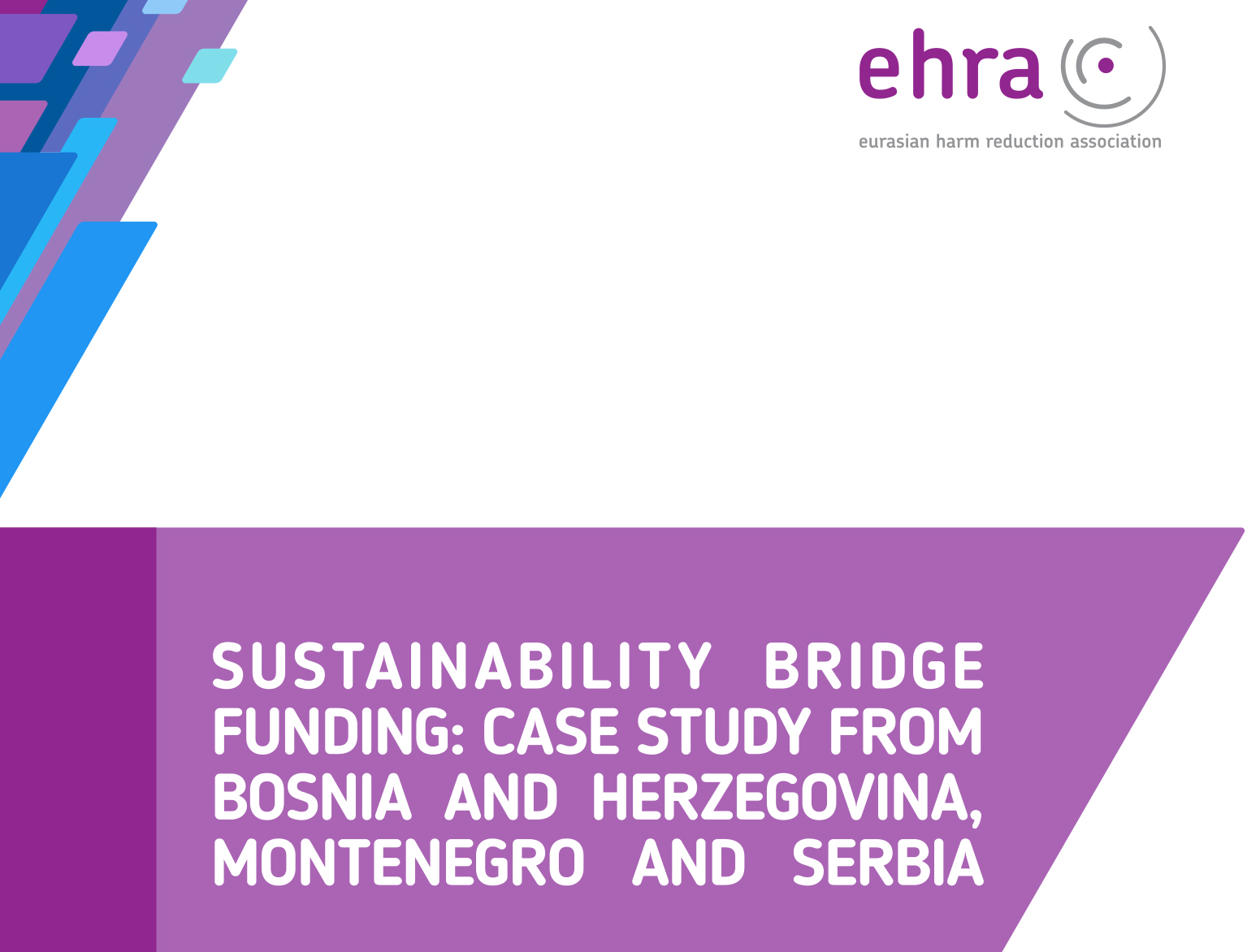

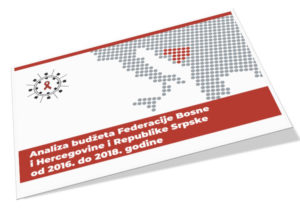 The Analysis of the budgets in Bosnia and Herzegovina is available
The Analysis of the budgets in Bosnia and Herzegovina is available